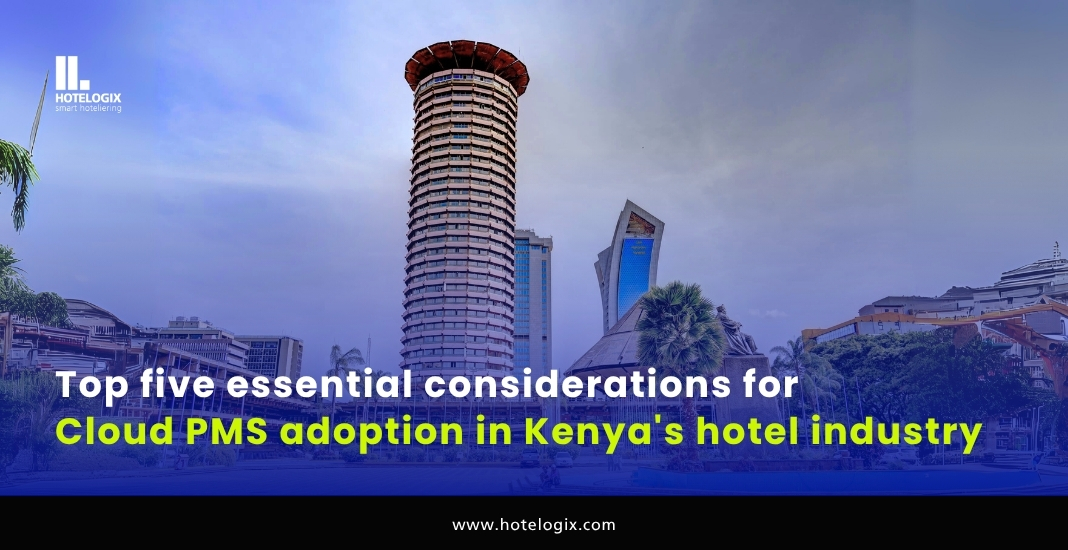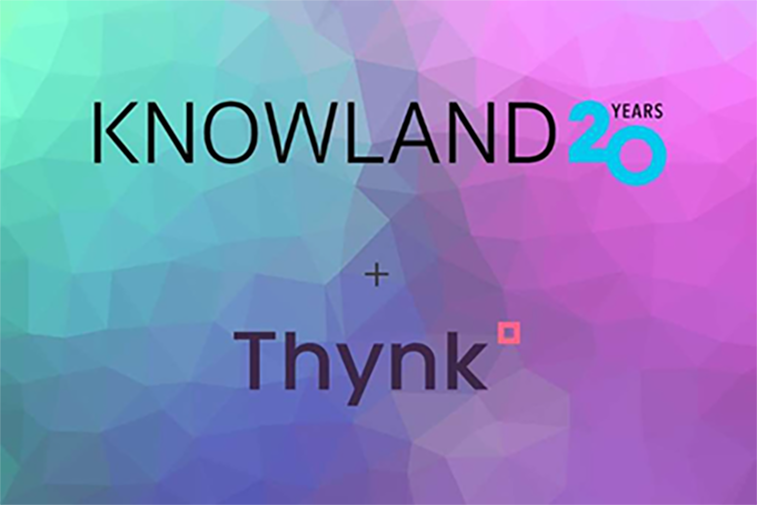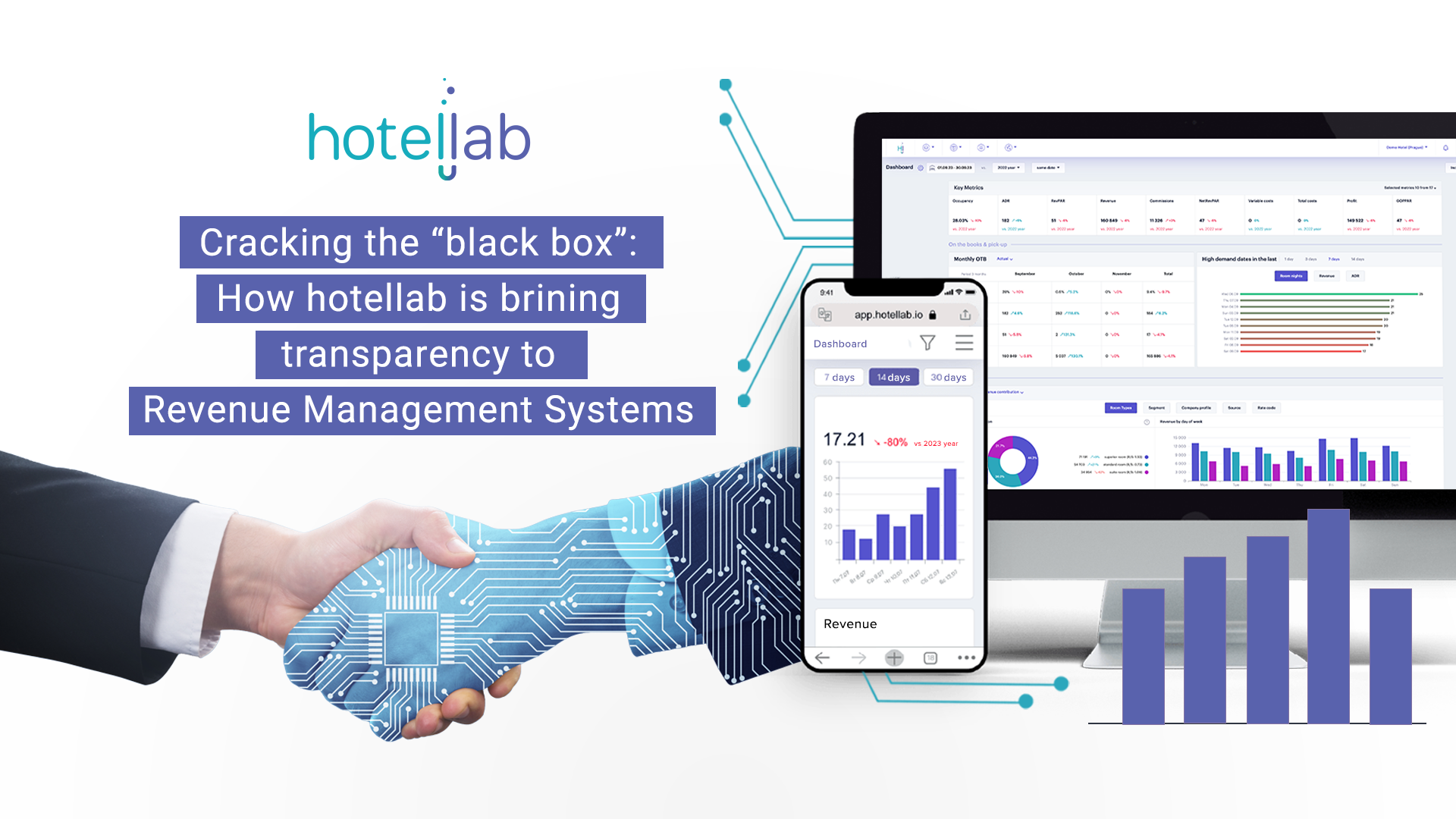

Since 2013, the adoption of cloud technology in Kenya's hotel industry has been gradually gaining traction. With a notable acceleration by the early 2020s and the government's Cloud Policy 2025, their adoption is only going to grow. Despite the presence of several cloud solutions providers, you should be extra careful when selecting a Property Management System (PMS), as adopting the right one can be pivotal for long-term success. Here, we outline five critical considerations that every hotel in Kenya must contemplate before diving into the cloud.
Before that, let's examine the hotel sector in Kenya.
As of May 2025, the country boasts around 2,723 hotels, marking a 3.33% growth since 2023. While 97.58% of these establishments are independently owned, only 2.42% are affiliated with larger hotel chains. The areas with the highest concentration of hotels are Kiambu County, Nakuru District, and Mombasa County.
Nairobi and Masai Mara regions are experiencing a surge in hotel investment, due to strong demand from various sectors, including corporate travel, leisure activities, and meetings, incentives, conferences, and exhibitions (MICE). The country's hotel pipeline also looks promising, with more than 31 properties (4,300) under development, ranking it sixth in Africa for hotel construction activity as of 2025.
Now, let's get back to the technology adoption part.
PS: These five critical factors are essential for hotels using cloud solutions, those upgrading from legacy systems, or new hotels exploring cloud options.
#1. Ease of use: Empower your team, boost their productivity
A cloud PMS must offer an intuitive, user-friendly interface that minimizes training time and error rates. Kenyan hotels often face staffing challenges and limited digital skills, especially in smaller properties. A system that is simple to navigate, easy to execute key tasks, empowers frontline staff to efficiently handle reservations, check-ins/outs, and guest requests without frustration. Ease of use translates into higher adoption, faster onboarding, and the ability to allocate human resources toward guest engagement rather than wrestling with complex tools.
#2. Multi-property
management: Centrally manage your group
For hotels managing multiple properties—whether across Nairobi, Mombasa, or resort areas like Naivasha and Diani—a cloud PMS must provide centralized group management features. It is essential to centrally manage processes for all member properties from the head office, with a single sign-on. Whether managing reservations, accessing guest data and group/property level reports, managing online distribution, or implementing revenue management strategies, you can do everything from your head office. In addition, it provides a comprehensive platform that enables you to achieve your expansion goals by adding and quickly launching your new property in just a few days.
#3. Integrated AI offerings: Operate intelligently
AI-powered features are rapidly becoming a must-have in cloud PMS platforms. These include dynamic pricing algorithms that automatically adjust room rates based on availability, demand, and the booking window. It should help you automate guest communications that personalize offers and upsells, and predictive analytics for forecasting occupancy and staffing needs. So, go for a Cloud PMS partner that can help you leverage the power of AI to boost operational efficiency, optimize revenue, and even retain guests because this will set you up for your brand's success in the long term.
#4. Third-party integrations: Build your tech stack
A PMS that operates in isolation is of no use as hotels need a connected tech ecosystem for 100% digitization. The tool must seamlessly integrate with a host of other third-party solutions, including Channel Manager, Revenue Management System, Accounting, Point of Sale, GDS, CRM, etc. When selecting a PMS, prioritize platforms that have two-way integrations with other solutions via open APIs to manage 360-degree department-wise operations.
#5. 24/7 support: Make sure they have your back
It is one of the most critical considerations. The technology partner must address system issues promptly, minimizing downtime and disruptions. Kenyan hotels, especially those in remote areas, must select a tech vendor that offers local or 24/7 support. Given the rapid pace of technology change, it is essential that the tech provider continuously updates and improves the system to keep up with industry trends and your requirements.
By carefully
considering these five elements as mentioned above, you can avoid the pitfalls
of generic cloud PMS adoption. Instead, you can harness technology that truly
unlocks the value of digitization with faster ROI, enhances operational
agility, and offers a competitive advantage in a fast-evolving hospitality
market that is increasingly becoming competitive.
-(1).jpg)






